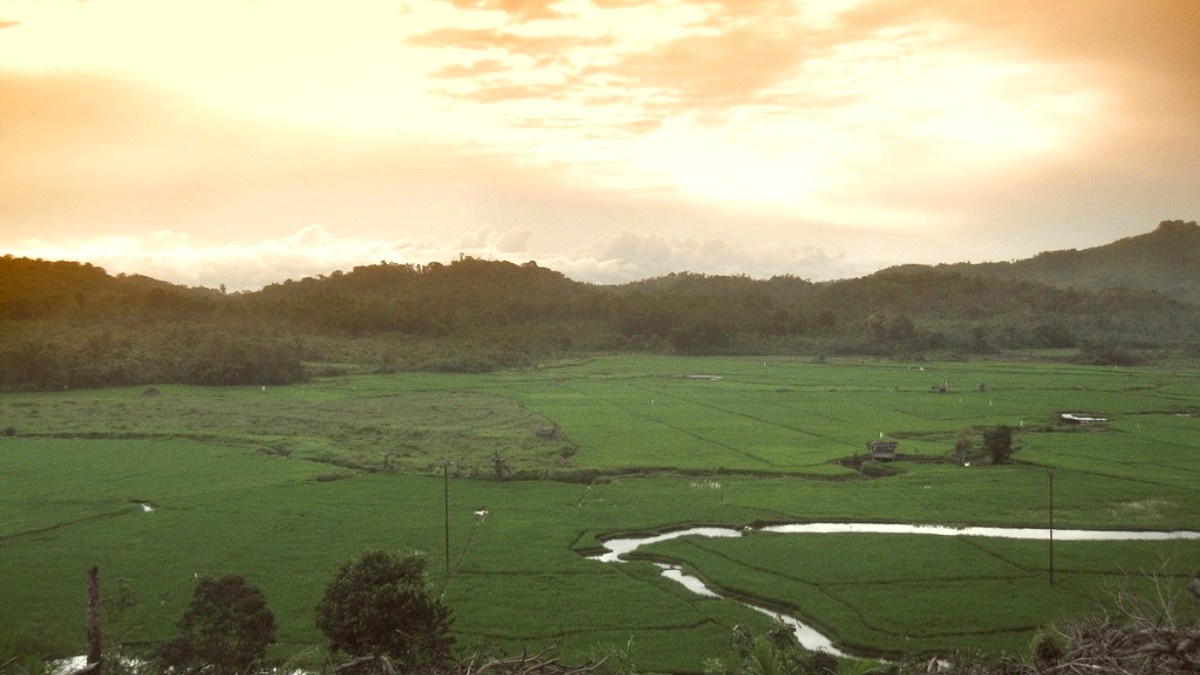
Numerous national parks and wildlife reserves dot Borneo's landscape.
Recycling infrastructure varies; minimize your plastic use.
Water scarcity can occur; be mindful of your usage.
Your actions as a traveler support conservation efforts.
Support conservation by visiting officially sanctioned sites and choosing reputable tour operators.
Reduce plastic consumption by using a reusable water bottle. Dispose of waste responsibly.
Consider supporting carbon offset programs to mitigate the environmental impact of your flights.
Choose lodges and tour operators with demonstrated commitments to sustainability.
For outdoor adventures, opt for gear that supports environmental protection and ethical production.
Shop PatagoniaDirectly contribute to rainforest conservation efforts through their initiatives.
Visit The Rainforest SiteInteracting respectfully with local cultures is a core part of responsible travel.
Support cultural villages and traditional craftspeople. Attend genuine cultural performances.
Modest dress is advisable, especially in religious sites or rural villages.
Be mindful of people's privacy. Avoid taking photos of military installations or sensitive government buildings.
Dress modestly (cover shoulders and knees). Remove shoes before entering.
A summary of essential practices for positive cultural interactions.
Cover shoulders and knees, especially outside tourist zones.
Always ask before taking photos of individuals.
For eating or passing items, use your right hand.
Embracing local customs enriches your travel and respects the people and places you encounter.
Your travel choices create a direct economic impact on local communities.
Seek out and support tours or accommodations directly owned and operated by local communities.
Purchase handicrafts and souvenirs directly from artisans or from reputable shops.
Eat at local restaurants, shop at local markets, and hire local guides.
Avoid activities that involve direct contact with or exploitation of wildlife.
If you wish to donate, do so through established, reputable non-governmental organizations (NGOs).
Focus on those working in conservation, education, or community development.
Contributions have a lasting and positive effect.
This avoids perpetuating cycles of poverty.
Making choices that align with responsible tourism prevents exploitation and promotes a positive local economic contribution.
Support local economies directly through mindful spending and choosing ethical tourism providers.